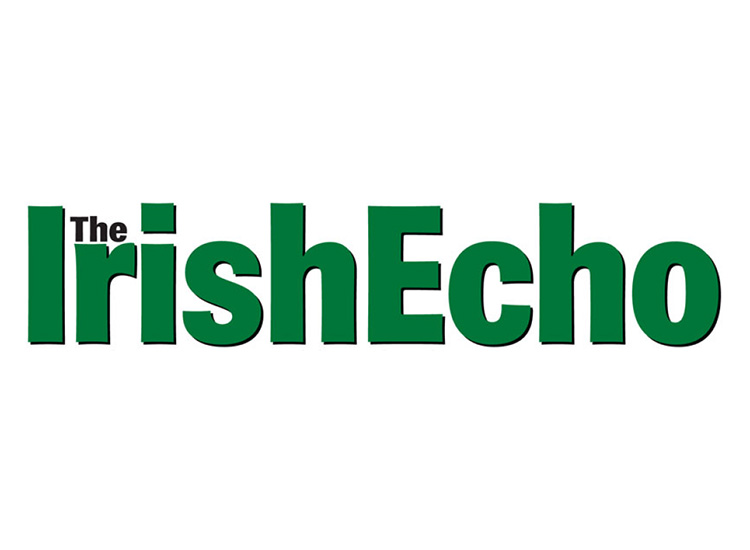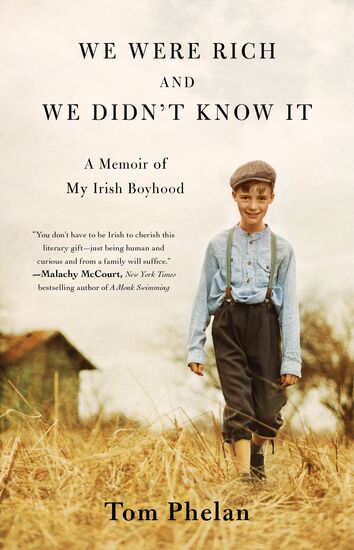For decades the Ancient Order of Hibernians in America has petitioned United States Navy historians andmany others in the government to honor a true Irish American naval hero of the American Revolution.
Commodore John Barry is enshrined in The Constitution of the Ancient Order of Hibernians in America as we ask our divisions and boards to honor him on our near September 13 each year.
Two outstanding members from the AOH in Washington, D.C. have accomplished something that many people from the Ancient Order of Hibernians, Irish America, and even graduates of the United States Naval Academy, had never thought possible.
Jack O'Brien and John McInerney have persuaded, through persistence and hard work, the United States Naval Academy Oversight Committee to approve a John Barry memorial at the academy in Annapolis, Maryland, this to recognize a Revolutionary War hero and the man who supervised the building of the first U.S. Navy ships in 1797, including his first command, the frigate "United States."
As Jack and John have stated, one of their aims would be that students and visitors alike would be able to say "Let's Meet at the Barry Gate."
We would also like to be able to say to Irish America, "Let's Meet at the Barry Gate." The AOH has accomplished what was once considered impossible by Irish Catholics in the United States. They have carried the memory of the Revolutionary War hero and dedicated Irish American, Commodore John Barry, on behalf of Irish America.Now we need the help of Irish America.
This has not been an easy task and we have gone through several stages in bringing this to culmination, but our task is not yet complete.
Mike Kearney of Brooklyn, New York, had the United States Congress recognize John Barry of Philadelphia, Pennsylvania and Wexford as the "First Flag Officer" of the United State Navy.
Then National Vice President, Seamus Boyle, had the letters and papers of Barry catalogued and digitalized at the Philadelphia Seaport Museum under the care of their historians.
National Historian Mike McCormack has written frequently on Commodore John Barry and his contributions to the founding of both the United States and the U.S. Navy.
John Barry is buried in the graveyard at the rear of Old St. Mary's Catholic Church near the Penn's Landing piers in Philadelphia from which he once sailed to attack the British fleet during the American Revolution. An AOH/LAOH group from New York City, as well as others, have traveled there to join with others every September to honor Barry and have a luncheon in Philadelphia.
When the American Revolution ended, the naval heroes of that conflict were two Celts; John Paul Joneswho was Scottish by birth, and a Catholic native of Wexford, John Barry, now of Philadelphia.
Most know of Jones, but John Barry has not received his due. The fledgling American navy, consisting mostly of merchant ships converted to warships for the conflict, was decommissioned at the end of the war and the ships returned to civilian service as merchant vessels. Jones set out to continue as a naval officer under other flags and died of natural causes while serving as an admiral in the Russian fleet.
The Irishman John Barry returned to Philadelphia and his position as a successful merchant sea captain at the end of the Revolutionary War, but soon Congress came calling and in 1794 he was commissioned as First Captain of the United States Navy, and in 1797 asked to serve his country once more by supervising the building of the six frigates which would become the U.S. Navy. He was also tasked with the training of a U.S. naval officer corps to command them.
He thus became Commodore John Barry, First Flag Officer of the initial fleet of the United States Navy.
In the Constitution of the Ancient Order of Hibernians in America, Commodore John Barry is recognized as an Irish American hero who is saluted in a "National Holiday of the Order" on September 13 each year.
If Irish America is to honor Commodore John Barry at the United States Naval Academy in Annapolis we will need to raise funds in two distinct stages for this to evolve and to allow this deserving Irish American Revolutionary War hero to take his rightful place at the United States Naval Academy.
Stage 1: We must have $15,000 in donations to raise the wrought iron arch over "The Barry Gate" and thus make an eternal historical representation of a man who for too long remained in the shadows of American history and that of the American Revolution. We set out to reach this goal by the beginning of this very month.
Stage 2: This will be a much more daunting task and it is fundraising for the memorial and the garden just inside the Barry Gate. This is our largest undertaking since the project for the victims of Katrina in New Orleans. We do not have the final numbers but what will be needed will be somewhere in the neighborhood of $200,000 in order to complete the memorial.
Those figures may seem quite intimidating, but we cannot fail when there is an opportunity to fulfill a promise to Commodore John Barry, whose efforts for the Irish diaspora's most adopted country were truly Herculean, who applied his skill and daring as a seaman in service of the Continental Congress when few had those skills so needed for the war, and did so in a time of greatest need.
The British, recognizing what Barry's skills meant to the American cause, attempted with gold, a reported £15,000, to bribe Barry and so have him become a Benedict Arnold. The bribe attempt failed.
In some of the following most perilous moments of the American Revolution, many would have seen that as a poor choice on Barry's part but I'm sure not to Barry himself, who, as an Irish Catholic, realized that he never would have been a sea captain in an Ireland under British rule as he was in the United States under the Declaration of Independence.
Let this year's "holiday" for Commodore John Barry, as it is enshrined under the Constitution of the Ancient Order of Hibernians in America, be the centerpiece of a fundraising effort that will truly immortalize an Irish American who has been honored by the AOH/LAOH these many years.
We would ask every Irish American to make a contribution, no matter how much, to this great cause.
Contributions can be mailed to: Frank Kearney, National Secretary Hibernian Charity P.O. Box 391 - 315 Chamberlain Highway - Meridan, CT 06451, or go to www.hiberniancharity.com.
Ned McGinley is Hibernian Charity president









